The race is on to reduce greenhouse gas emissions globally, but why should we care about reducing these gases?
Greenhouse gas emissions, particularly carbon dioxide (CO2), methane (CH4), nitrous oxide (N2O) and fluorinated gases, trap heat in the atmosphere and warm the planet. So reducing the the production of these gases will ideally slow the effects of climate change. Globally most greenhouse gas emissions are the result of energy production, 33% of this is from electricity/heat generation.
Hilton Brown’s Swim School at Hobsonville, with the help of Hot Water Heat Pumps Ltd, is leading the way in reducing the amount of carbon dioxide they produce with their new state of the art facility. The swim school features a 300m² heated indoor pool. Hot Water Heat Pumps Ltd designed and provided pool heating, air heating and condensation control, shower water heating, underfloor heating and ventilation of the change rooms.
Energy meters were fitted to the Performance Plus heat pumps to allow the measurement of energy consumption. From this accumulated data it has been calculated that the facility has indirectly produced a total of 26.29 tonnes of CO2 from the electricity use of all of the Hot Water Heat Pumps equipment, heat pumps and fans, from June 2018 to May 2019. The CO2 production from heating the pool was 15.37 tonnes using the HWHP heat pump water heater. This can be compared to CO2 production from other methods of pool heating; using natural gas to heat the pool would produce 10-12 times more CO2 and using an electric heater would produce 5 times more CO2.
In this example, HWHP heat pumps are 5.5 times more efficient than natural gas heating (calculated at 90% gas boiler efficiency) or 5 times more efficient than using an electric heater.
Also using the heat pump water heater and ventilation designed by Hot Water Heat Pumps Ltd can significantly reduce the carbon footprint of a business that relies on water heating (or chilling).
Another advantage is that heat pump technology offers greater energy efficiency and therefore lower running costs. Using a heat pump water heater not only lowers the carbon footprint of the building but also lowers overheads as well.













 Case Studies
Case Studies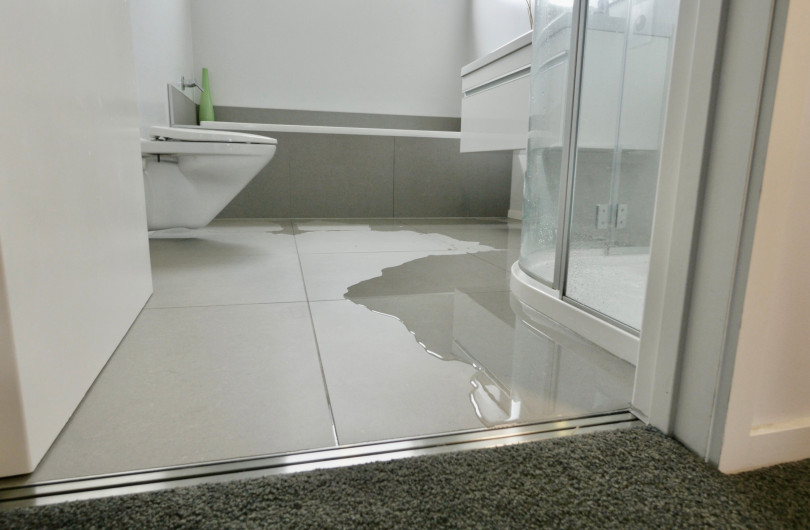








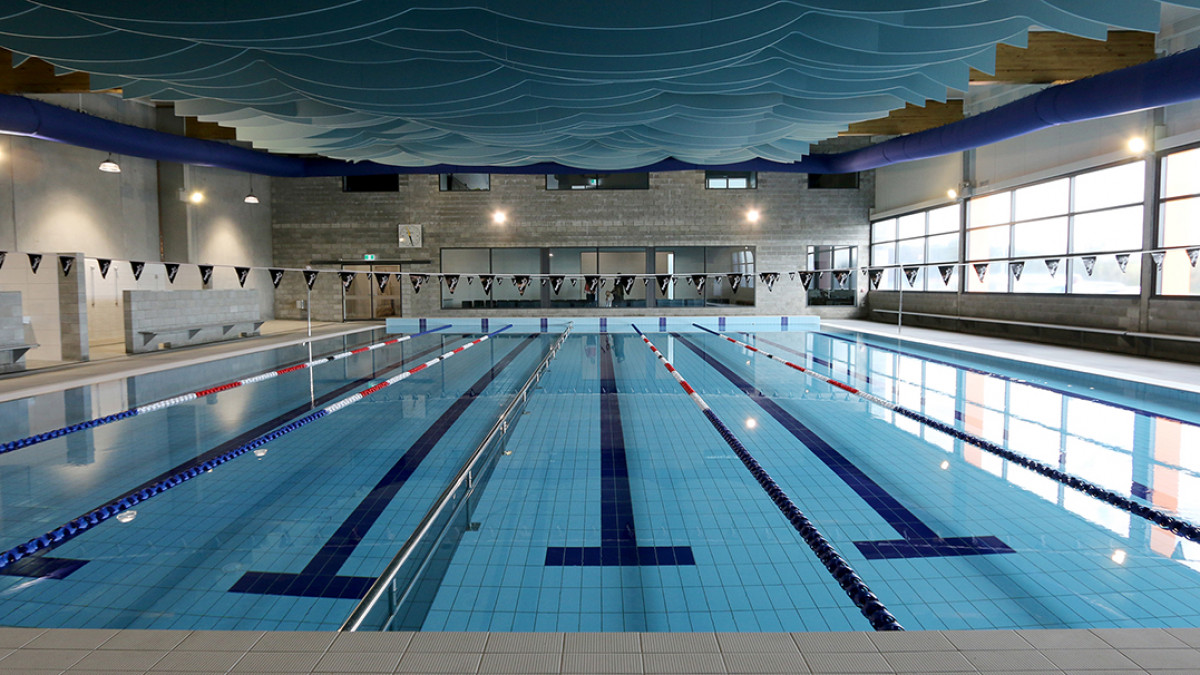
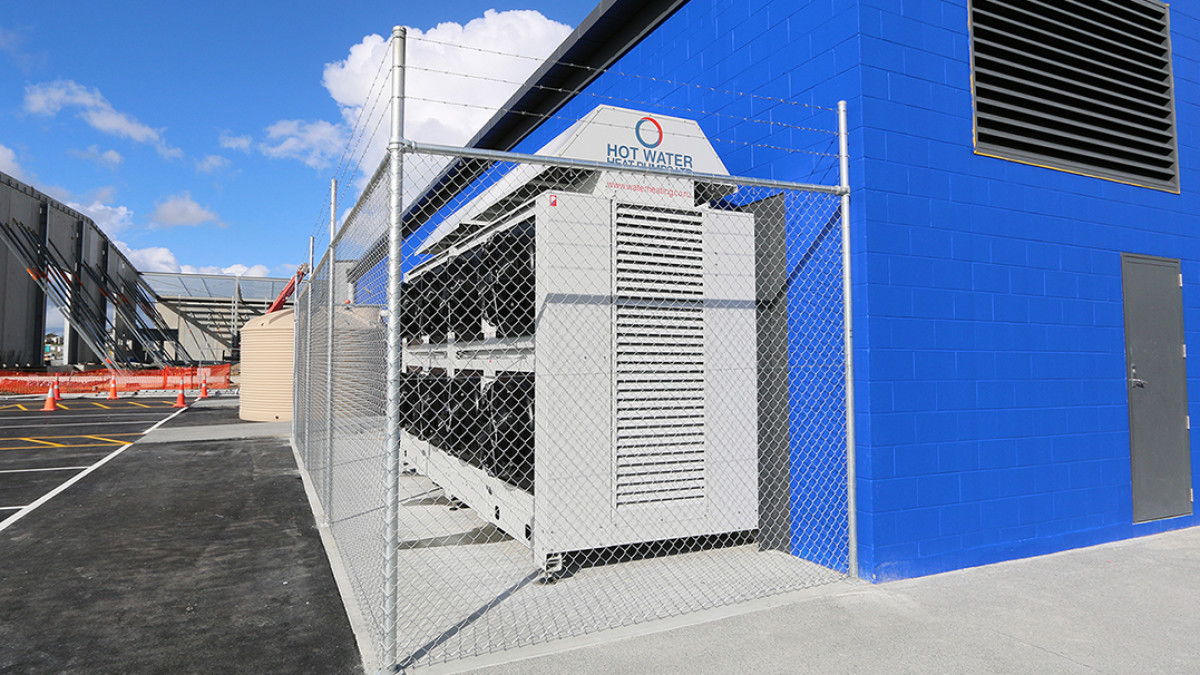
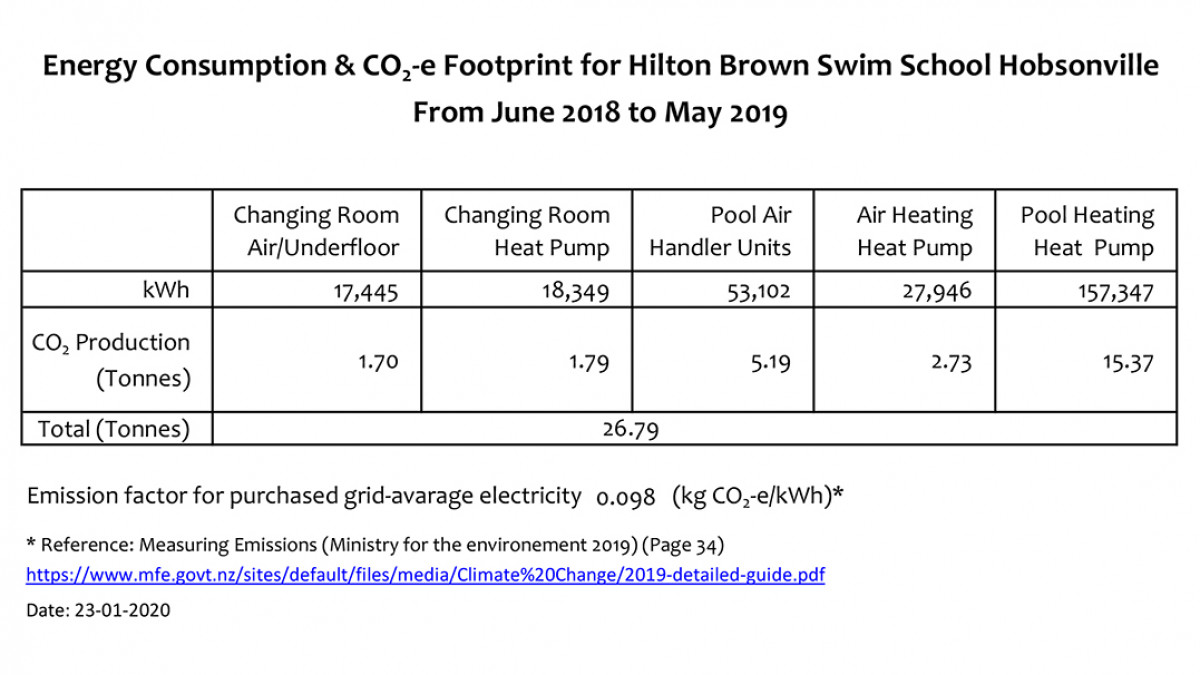

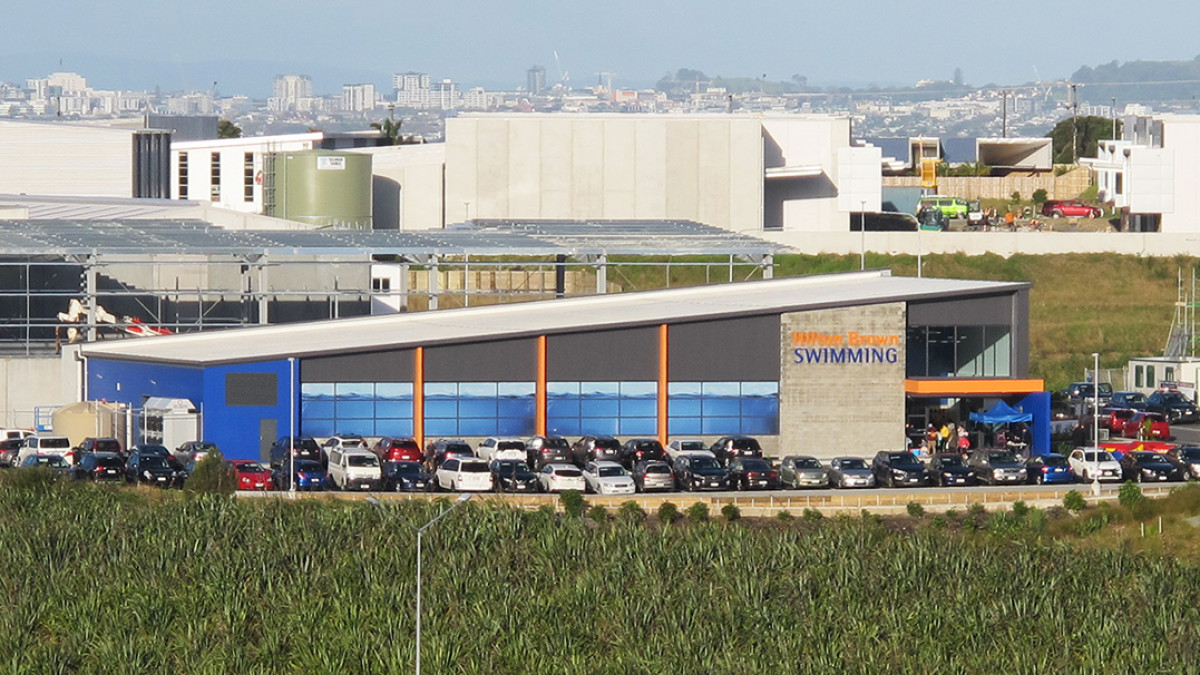




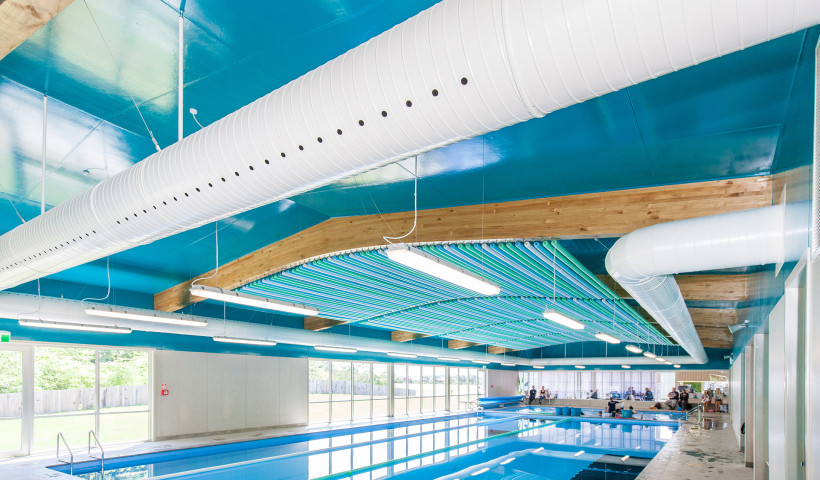
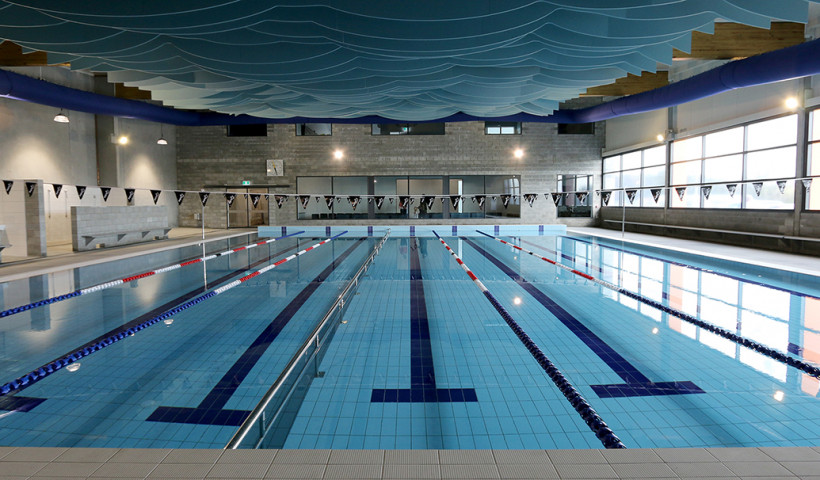
 Popular Products from Hot Water Heat Pumps
Popular Products from Hot Water Heat Pumps


 Most Popular
Most Popular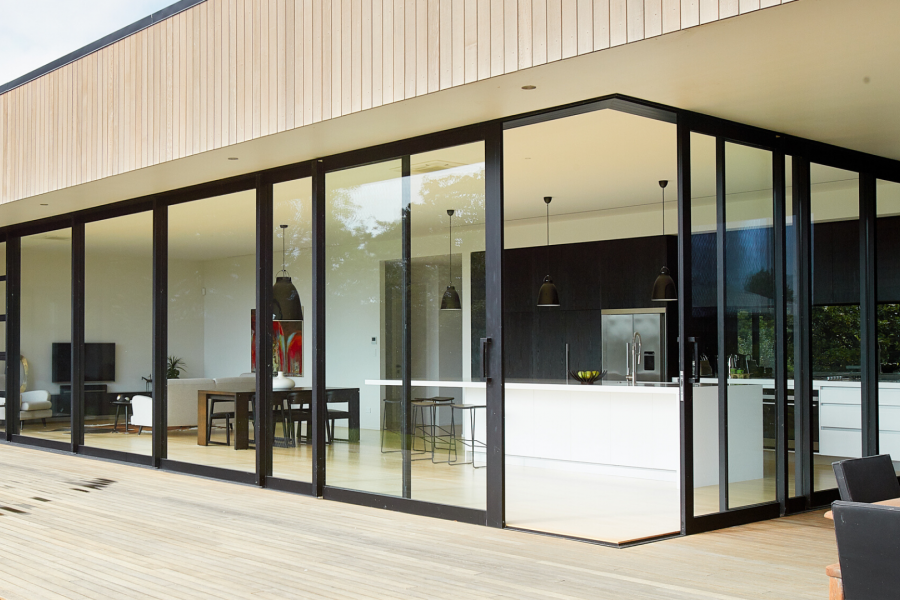


 Popular Blog Posts
Popular Blog Posts